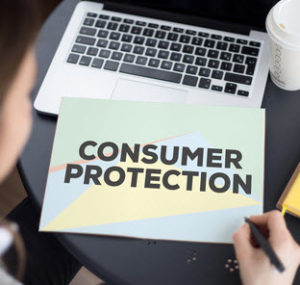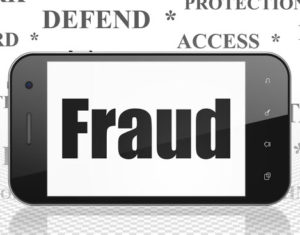Unfortunately, when it comes to consumer fraud, Florida’s senior citizens are frequently the target. It is often assumed that our senior community has accumulated assets such as retirement accounts, a home, Social Security, savings, etc. In addition, many also assume that the elderly are also less able to keep track of their assets as well as others; hence, they frequently become the target of scammers and criminals.
According to the Consumer Financial Protection Bureau, the illegal or improper use of a senior’s property, assets, and other funds is the most common form of elder abuse in the United States. Annual fraud losses for this community reached an unbelievable high of $36.5 billion at one point. For these reasons, it is crucial that we remain diligent in protecting the elderly community from harmful practices like these.
Who Is Scamming The Elderly?
While many people assume that it’s the “strangers” that are likely to take advantage of the elderly, in reality, it’s more frequently family members and others that the elderly see every day who are, instead, the culprits (i.e. those who have access to checkbooks and Social Security numbers).
And unfortunately, so many of these incidents go unreported every year: In just one state alone, one study demonstrated that for every case that gets reported to law enforcement, 43 cases never do.
Steps the Elderly Should Take To Protect Themselves from Fraud
For these reasons, there are some important steps that should be taken to help protect yourself and your loved ones:
- Keep all of your sensitive documents (such as bank statements, passports/identification, checkbooks, etc.) locked away and out of view from visitors;
- Monitor your accounts diligently: this means not only credit card and bank statements, but also checking your credit report regularly;
- Consider freezing your credit report: this is arguably applicable to everyone due to the Equifax data breach. You freeze your credit by contacting the three major credit reporting companies—Equifax, Experian, and TransUnion—and asking them to freeze your report. Note that this will not prevent unauthorized charges on existing cards, it will simply disable others from using your social security number, etc. to open up accounts in your name, including loan and mortgage applications; and
- Know that—in most of the fraud complaints reported to the Federal Trade Commission—most started with the scammer making contact via phone. One easy way to protect yourself from this is to screen your calls, and do not pick up your phone if you do not recognize the phone number. Also, never provide sensitive, personal information like this to people on the phone.
Consumer Protection & Business Attorneys in Florida
If you have been the victim of consumer fraud, contact us today for a free legal consultation. At Lavalle Brown & Ronan, we regularly work on disputes related to consumer fraud and protection from consumer fraud. We are prepared to assist you with your case.
For more information and in depth analysis, please contact Attorney Ken Ronan at kronan@bocalaw.com and Case Manager Richard Bagdasarian at rbagdasarian@bocalaw.com.
Resource:
richmond.com/ap/business/not-so-golden-years-shielding-seniors-from-financial-fraud/article_db69c69a-4c0a-55de-9bc3-4a1ac5695176.html




